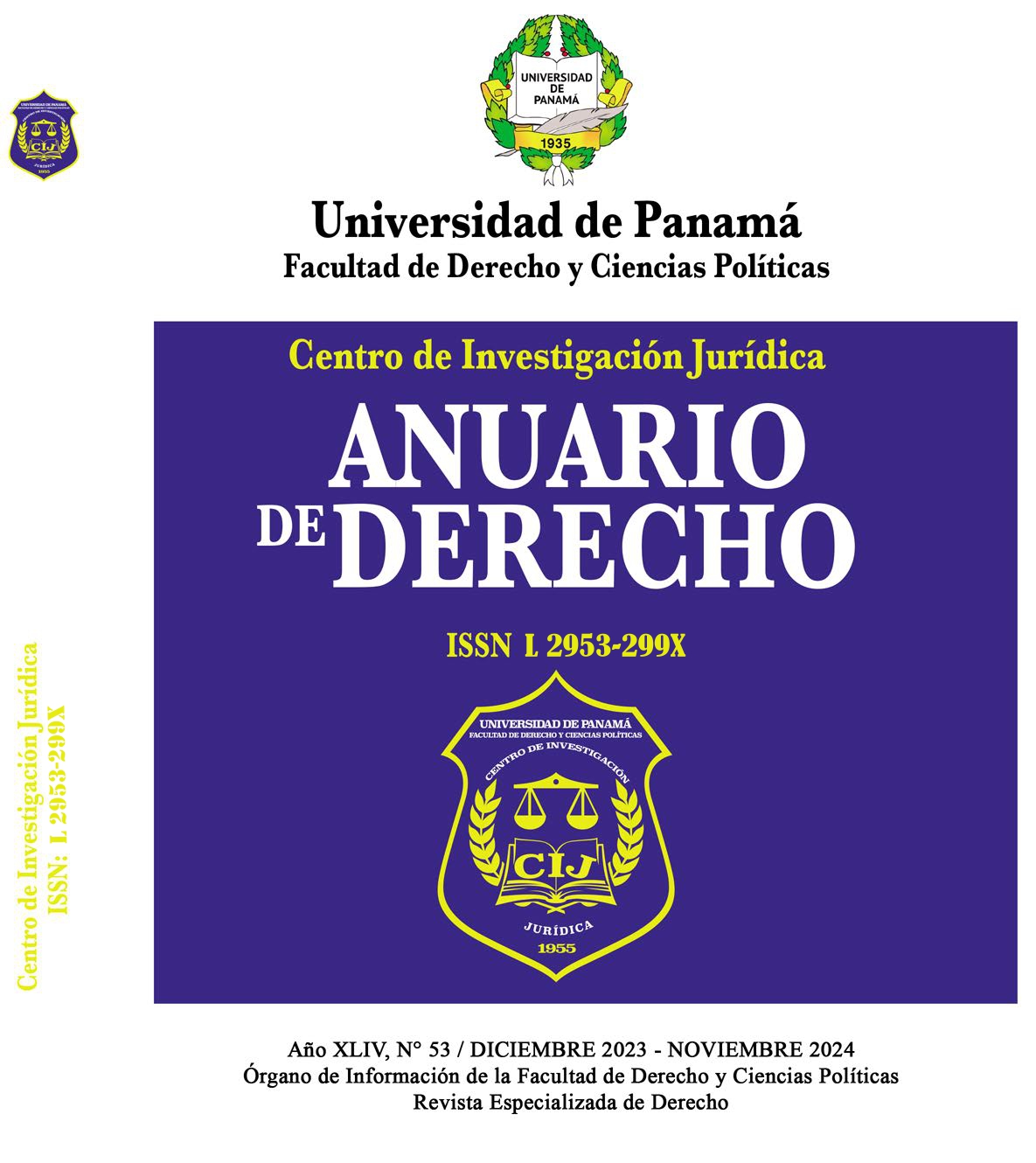

Copyright (c) 2024 Anuario de Derecho

This work is licensed under a Creative Commons Attribution-NonCommercial-ShareAlike 4.0 International License.
We have that it is Liberalism that based the codifications on the ideological and socio-economic assumptions of the 19th century undergo important changes that make the State assume a different position before the market economy. There is an abandonment of natural law that will lead to the positivism of State Law. Values ??such as freedom and equality will not come to be presented spontaneously but will become a must. The realization of justice will be sought through Private Law, which should not be limited when developing individual activity, a certain material equality through the Social State, which represents a split between the State and society. We will carry out an approach where liberal capitalism is replaced by neocapitalism, which is characterized by the intervention of the State in the pursuit of a different economic policy. Undoubtedly, this historical conjuncture creates a mood of tension and uncertainty in principle between the business sector and the powers in such a way that, in States with this vision of social State, the Constitution consecrates the social function of property, which will come to represent that in the same way the social function of business activity is promoted. Among the conclusions and for the purpose of this study, it is intended to subject the social interests over the private interests of the Private Law of the "autonomy of the Will", to seek the benefit of the interests of the whole society.